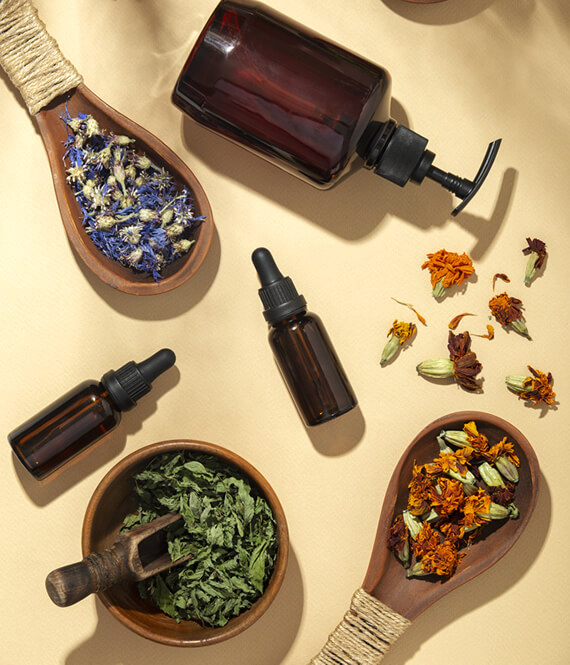
The Power Of Herbal Extracts: 8 Potential Benefits & How To Use Them Safely
We recommend helpful products in our articles. Read our full disclosure here. The content on this website is not intended to be a substitute for professional advice, diagnosis, or treatment.
Years ago, even when medicine and science weren’t developed people still treated their health conditions.
The solution for every problem, from severe diseases to small ailments, was searched for in nature.
By now, we know that plants have various organic chemical compounds known for their antimicrobial, anti-inflammatory, and antioxidant properties.
Pharmaceutical, cosmetic, wellness and even food industries understand the importance of herbal extracts and these unique compounds.
After all, plants are a part of nature – just like us, people.
It would be a shame to not make use of all those powerful substances mother nature provided us with.
In this article, let’s explore the world of herbal extracts, their benefits, and possible risks.
What Are Herbal Extracts?
Herbal extracts are substances extracted from raw herbal material.
Imagine you could capture the very essence of a plant, boosting its natural benefits.
That’s what we call a herbal extract.
Extracted from raw plant material using methods like water solvent extraction, these beneficial substances come in different forms, including powder, tincture, and absolute.
These concentrated botanical treasures are highly prized in practices such as Ayurveda and homeopathy, which tap into their therapeutic properties for holistic wellness.
Herbal Extracts Benefits & Things To Note
1. They May Have Fewer Side Effects
Herbal extracts come from plants, which means they are natural and pure.
They don’t have any extra stuff added to them.
In general, many extracts are safe to use for skin and hair care, but important to choose herbal extracts carefully, especially if you have any existing conditions or allergies.
Even though most herbal extracts don’t cause serious side effects when used properly, some people may have allergic reactions to certain plants, even in extract form.
2. Herbal Extracts Are Cost-effective
If you’ve been buying skincare or makeup products, you know they can cost a lot.
Sometimes, even after spending so much, you don’t see any positive changes.
Herbal extracts come from plants, are usually less expensive, and some people notice better results than using chemical products.
Of course, the price can depend on factors like the rarity of the plant, the extraction process, and the brand.
The results also depend on the individual’s skin, the specific extract, and how it’s used.
Not all herbal extracts will work the same for everyone.
3. They Are Easy To Get
Herbal extracts are widely available in various stores and online.
The quality of the product can vary, so it’s important to do thorough research and buy from reputable sources.
Knowledge about what to look for in terms of ingredients and how to use them safely and effectively is crucial.
You can also get herbal extracts without a doctor’s note.
However, it’s always a good idea to consult with a healthcare provider or a dermatologist before starting any new skincare regimen, especially for people with sensitive skin or existing skin conditions.
4. Herbal Extracts May Offer Symptom Relief
Herbal extracts are widely used in traditional medicine systems like homeopathy and Ayurveda and may help manage symptoms of various conditions.
While these natural compounds can offer potential health benefits, they aren’t without the risk of side effects.
Results may vary, and their effectiveness often takes time to become apparent.
Remember, while these extracts might help alleviate symptoms, they should not be seen as definitive cures for diseases.
As for allergies, it’s important to remember that individual responses can greatly vary – what works well for one person might trigger an allergic response in another.
Always consult with a healthcare professional before introducing new herbal supplements, extracts, or products into your health regimen.
5. Herbal Extracts Might Help with Chronic Issues
Do you struggle with chronic skin problems or persistent pain?
Herbal extracts may offer some relief.
For instance, Shatavari herbal extract has been used traditionally for a variety of health concerns, including reproductive health.
However, it’s important to understand that these extracts, while potentially beneficial, are not a guaranteed solution or cure for chronic conditions.
And remember, particularly when dealing with serious health issues, it’s crucial to consult with a healthcare professional before introducing herbal extracts or any new treatments into your regimen.
6. Herbal Extracts Can Help Prevent & Treat Signs Of Aging
As we age, our skin can start to show signs like wrinkles, dark circles, hyperpigmentation, and sagging.
Even in their early 20s, some people may see premature signs of aging due to certain lifestyle factors.
Incorporating herbal extracts such as EMU apple extract into your skincare routine might help protect your skin and potentially reduce some signs of aging, thanks to their antioxidant properties.
Using them in the form of oil could provide daily hydration for a more radiant complexion.
However, remember that while these extracts can assist in skin health and potentially slow the signs of aging, they can’t completely erase all aging signs.
It’s always good to embrace aging as a natural part of life!
7. Herbal Extracts Are Very Versatile
Herbal extracts showcase remarkable versatility.
Available in forms such as liquids and powders, these extracts adapt to various uses.
You can enhance your meals and drinks by adding liquid herbal extracts, or incorporate them into a range of other applications.
Blend them with other herbs or extracts to concoct syrups, create soothing salves, formulate aromatic essential oils, or brew healthful teas.
While the fundamental properties of the extract remain constant across these different uses, the specific benefits can vary depending on the preparation and application method.
8. They May Be Used For Targeted Healing
Each herbal extract boasts unique properties that can be utilized to address specific concerns.
For instance, while it’s not the highest natural source of vitamin C, plum cellular extract does contain significant amounts of this essential nutrient, well known for its skin-enhancing benefits.
Regular use of extracts rich in vitamin C, such as plum, can assist in combating common skin issues like hyperpigmentation, potentially leading to a brighter and healthier-looking complexion.
However, remember that results can vary from person to person, and it’s essential to use any skincare product in a balanced, moderate way to avoid potential skin sensitization.
Conclusion
Knowing their benefits, using herbal extracts for skincare, hair, cosmetics, and other issues is not far-fetched.
Ensure to always consult an expert and buy products from a reputed source.
You do not want to use synthesized or fake herbal extracts.
The potential results will only come from extracts that are pure, tested, and approved.
Scroll down for more helpful content below!
"We love to research problems, examine studies, analyze solutions, and share with you ideas that make life healthier. You can learn about us and our editorial standards here. Have suggestions or feedback to share? Send us a message!."


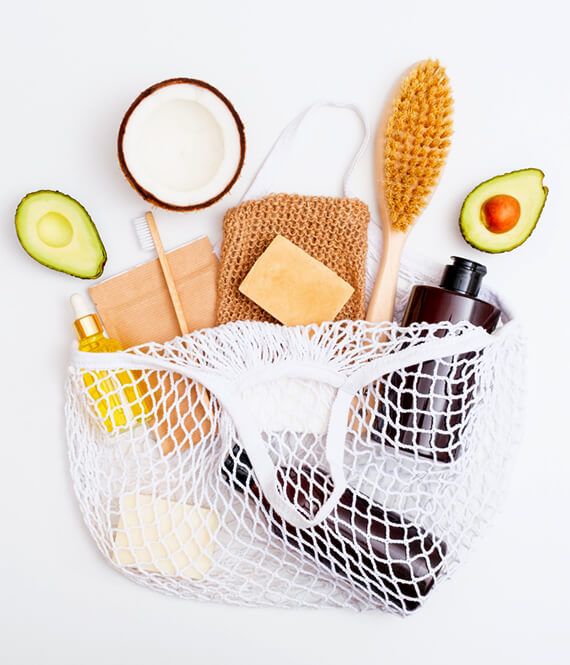
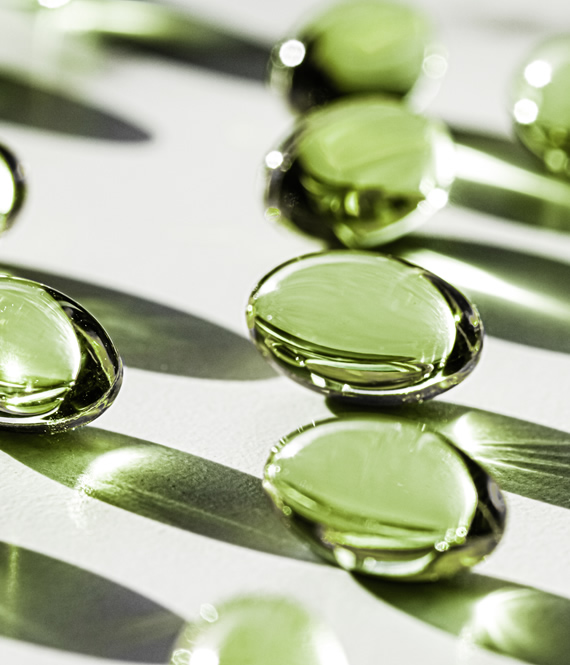


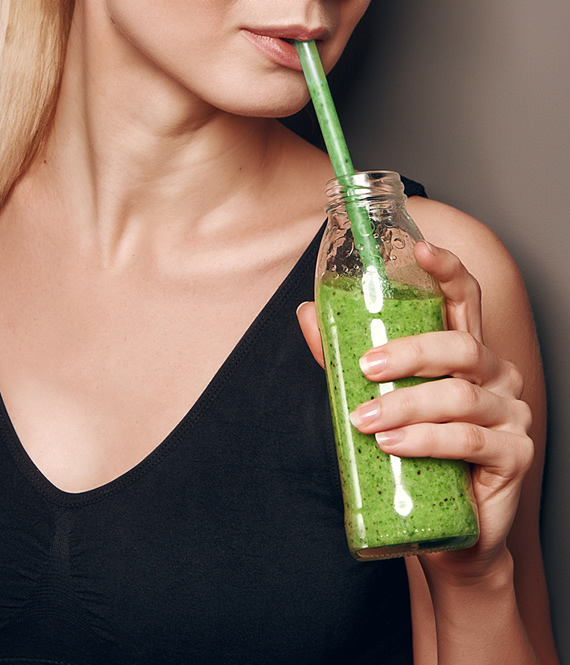
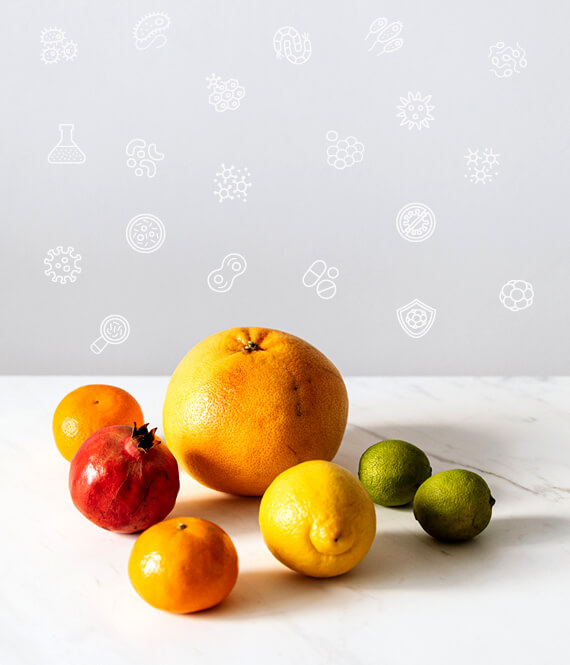

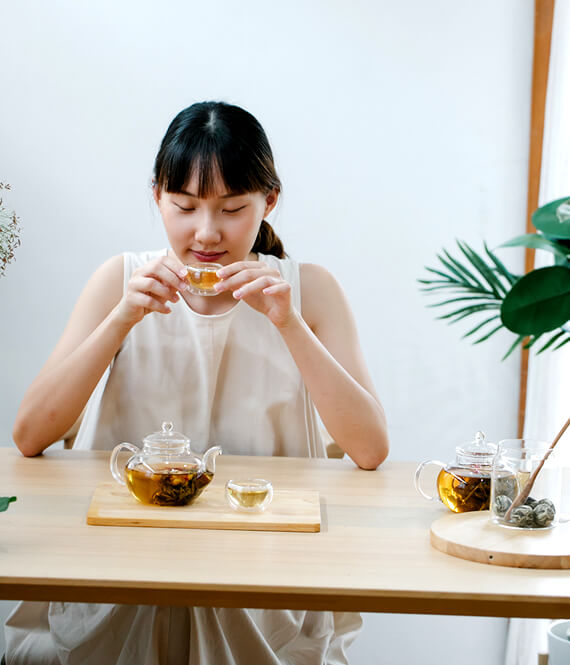
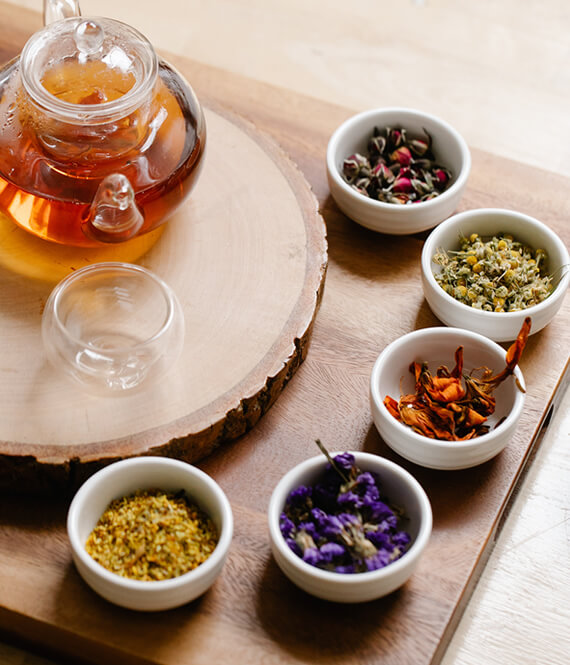

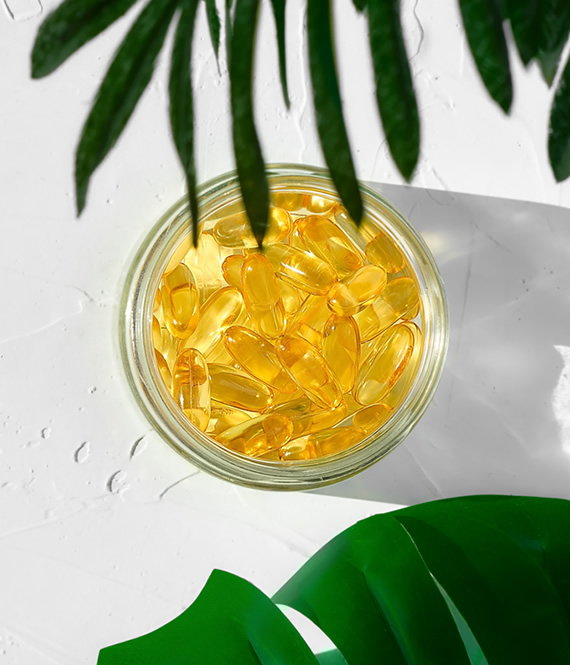
Leave a Comment